Category Archive: Natural Foods
Putting Purchases into Perspective During a Pandemic

When disaster strikes, how much does it matter that last hand soap on the shelf is organic? Judging by the pictures circulating social media, the answer is a resounding no. As the coronavirus spreads across the globe, cleanliness and preparedness have become paramount in fighting the disease. For most, this means stocking up on everything from food to disinfectants and cleaning supplies. Cleaning products were some of the first necessities swept from shelves when the virus’ impact extended into grocery stores. The first items to go weren’t the “organic” products promising to be free of harsh chemicals made from “natural” ingredients. No,...
Read MoreSorry, veggie burgers won’t move the needle on climate change
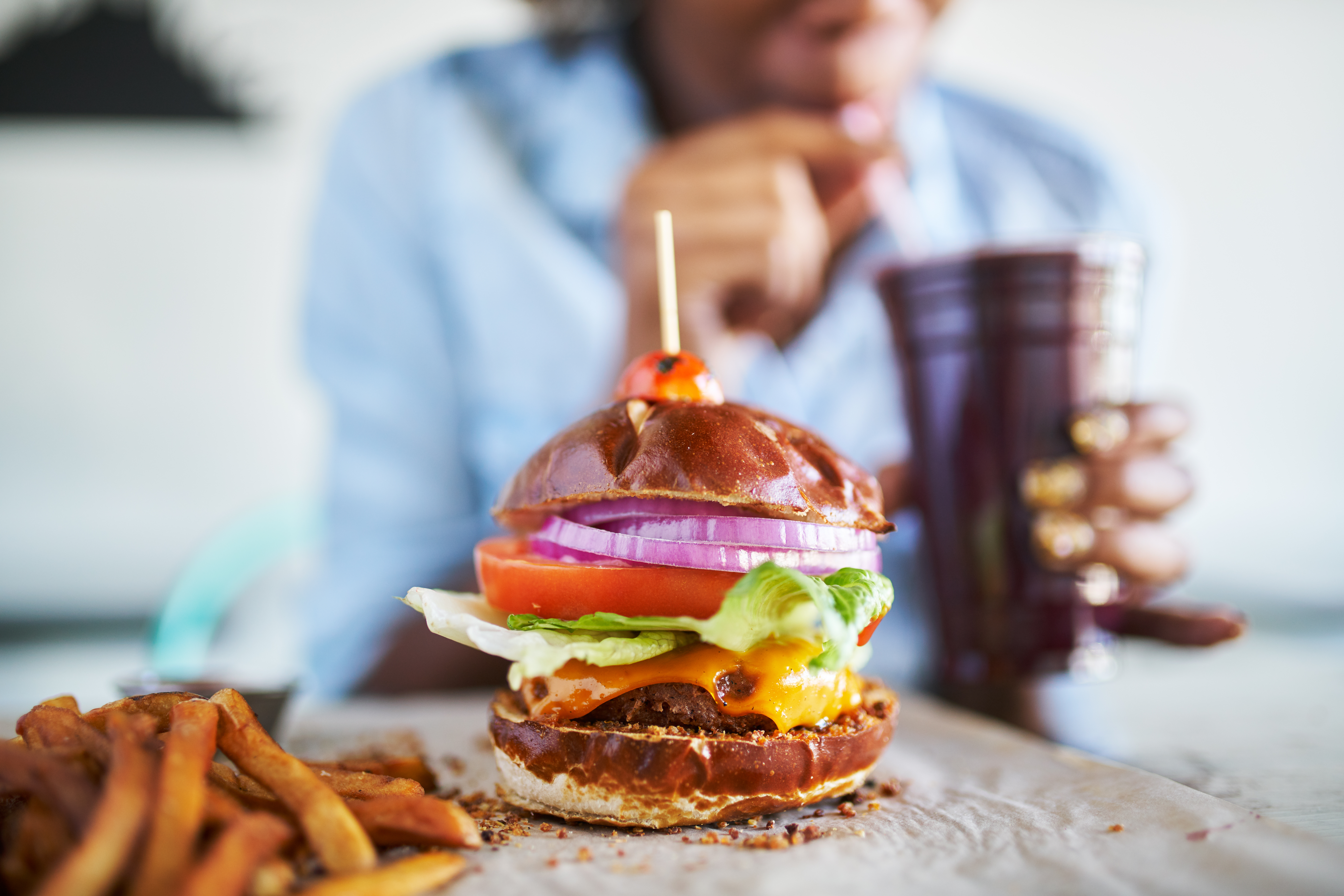
Throughout the month of January, several independent academic reports concluded that vegetarianism is the only way to combat climate change and chronic disease. The claims generated plenty of media controversy, from NBC News reporting that we can "Save the planet and lives by eating less meat, more vegetables" to Vox's apocalyptic declaration that "The way we eat could doom us as a species." We tend to disagree. Swapping a beef burger for a veggie burger is an easy enough substitution, especially considering meatless options have expanded in the past several years to include options that look, taste, and smell far more appealing...
Read MoreBlame Outdated Law, Not Science, For The Latest Artificial Flavor Cancer Scare
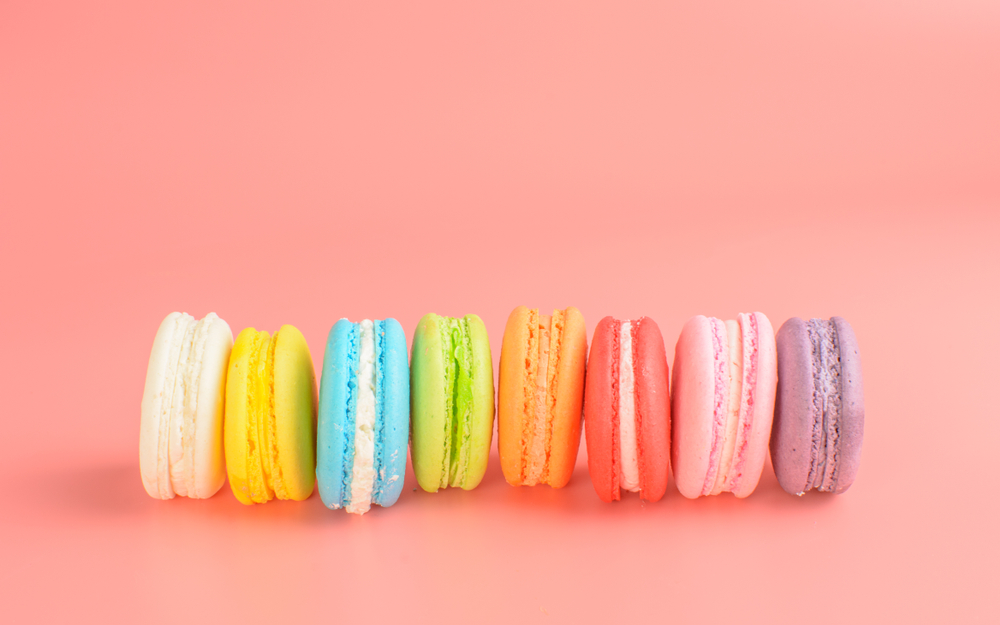
The U.S. Food and Drug Administration is giving food manufacturers 2 years to remove a handful of artificial flavors from drinks, baked goods, ice cream and other foods for having ties to cancer in laboratory animals. Sounds like a straightforward situation, right? Spoiler alert: it's not. The change sprang from a petition arguing that since megadoses of six ingredients — benzophenone, ethyl acrylate, methyl eugenol, myrcene, pulegone and pyridine — cause cancer in laboratory animals, their use as food additives breaks federal law. However, even as the agency announced the ban, it was sure to specify that all the banned ingredients “are unlikely...
Read MoreWhat Happens Without Chlorine-treated Water? Disease Outbreaks.

“Raw” or “live” water has the potential to be the “natural” movement’s most deadly trend. Its appeal is everything you’d expect to read on a sign warning against swimming in polluted waters: Unfiltered, untreated, and unsterilized. Although the raw water movement received swift criticism from comedians and academics alike, it doesn’t seem to have stemmed the flow (pun intended) of interest. Jugs have sold for as much as $60 in the Bay Area. One of the primary drivers of the raw water movement is the irrational fear of chemicals added to municipal water systems. Chief among the concern is chlorine, which is used to kill...
Read MoreKeep Marching for Science

This weekend, science advocates in over 500 cities celebrated Earth Day by taking to the streets to March for Science. Emerging from the comfort of our laboratories might be a good thing. Despite the fact that Pew Research surveys show Americans invest a high degree of trust in scientists – far more than the news, elected officials, or even community leaders – 83 percent of Americans cannot name a single living scientist. (A few recognizable names for your personal reference: Bill Nye, Neil deGrasse Tyson, Stephen Hawking, James Watson, Richard Dawkins.) Americans appreciate “science” in the abstract, yet common chemistries and technologies have whipped many parents and hasty health reporters into a fear-filled...
Read MoreKardashian Health Tips: Fact or Fiction

Kourtney may be the least irrational Kardashian, but the eldest sister of a family that's somehow famous for being famous has a low bar to clear when it comes to normalcy. The Kardashian family's health advice includes eating your own placenta (in pill form), using manuka honey to "prevent" illness, and staying away from any food that isn't organic. Kourtney's new branding identity as a wellness guru should offend anyone involved with public health. Her latest rant details her aversion to plastic. She admits to using stainless steel cups, bowls, lunchboxes, and even straws because the material is “more durable, more hygienic and...
Read MoreAre Ingredients in Your Favorite Yogurt Used in Swimming Pools and Pesticides?
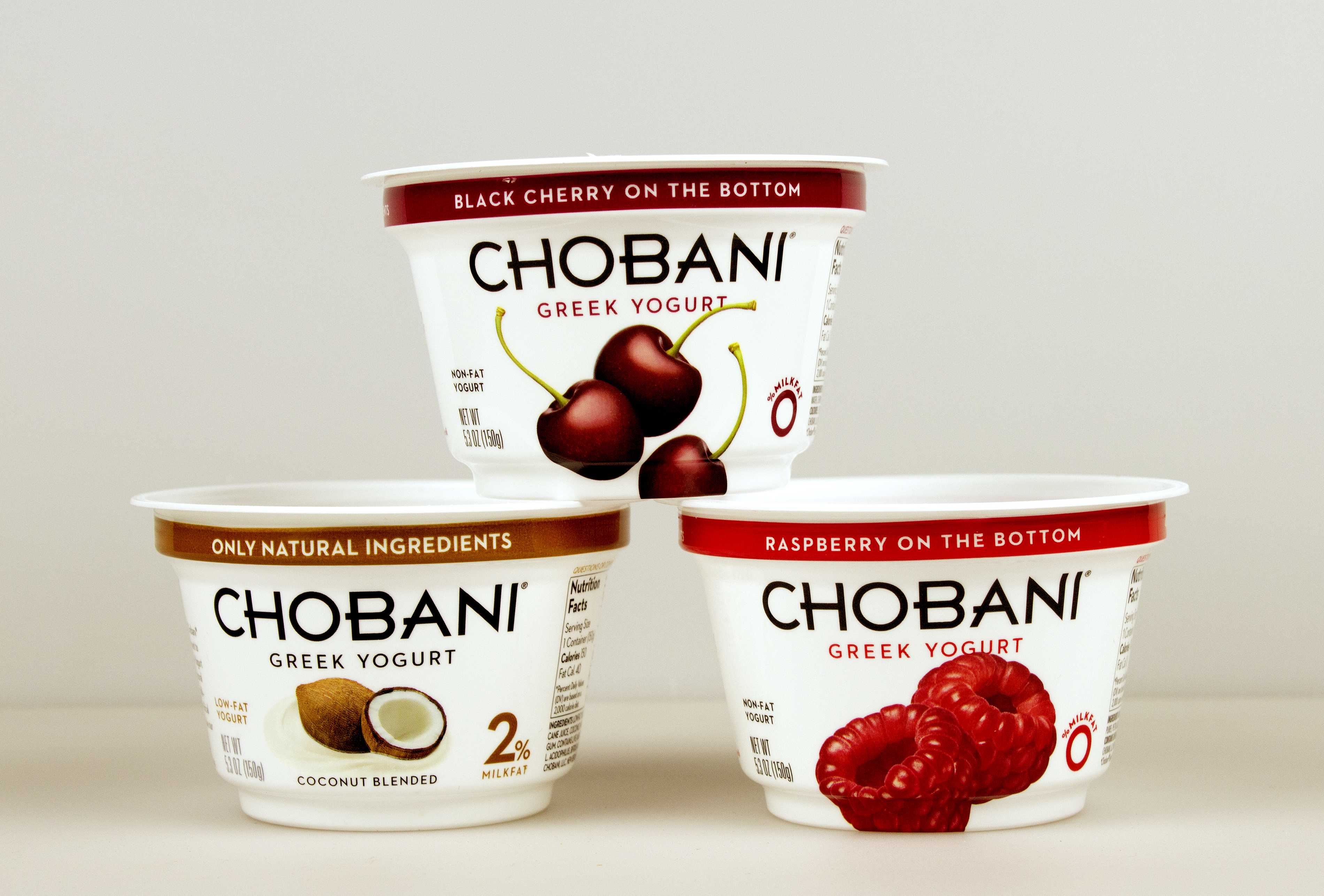
Ask health magazine writers and nutritionists for a list of their favorite healthy snacks and many will probably tout the benefits of Greek yogurt. The tangy treat has exploded in popularity and is now a $1.5 billion business in the U.S. But as more yogurt companies add Greek options to their product lines, competition for consumers is intensifying. How intense? Chobani, currently the most popular Greek yogurt brand, launched an ad campaign touting its “all-natural” ingredients and slamming its rivals Yoplait and Dannon for using FDA-approved artificial sweeteners. Chobani takes a page out of the Food Babe’s playbook by namechecking hard-to-pronounce ingredients...
Read MoreWhat’s Natural Anyway?
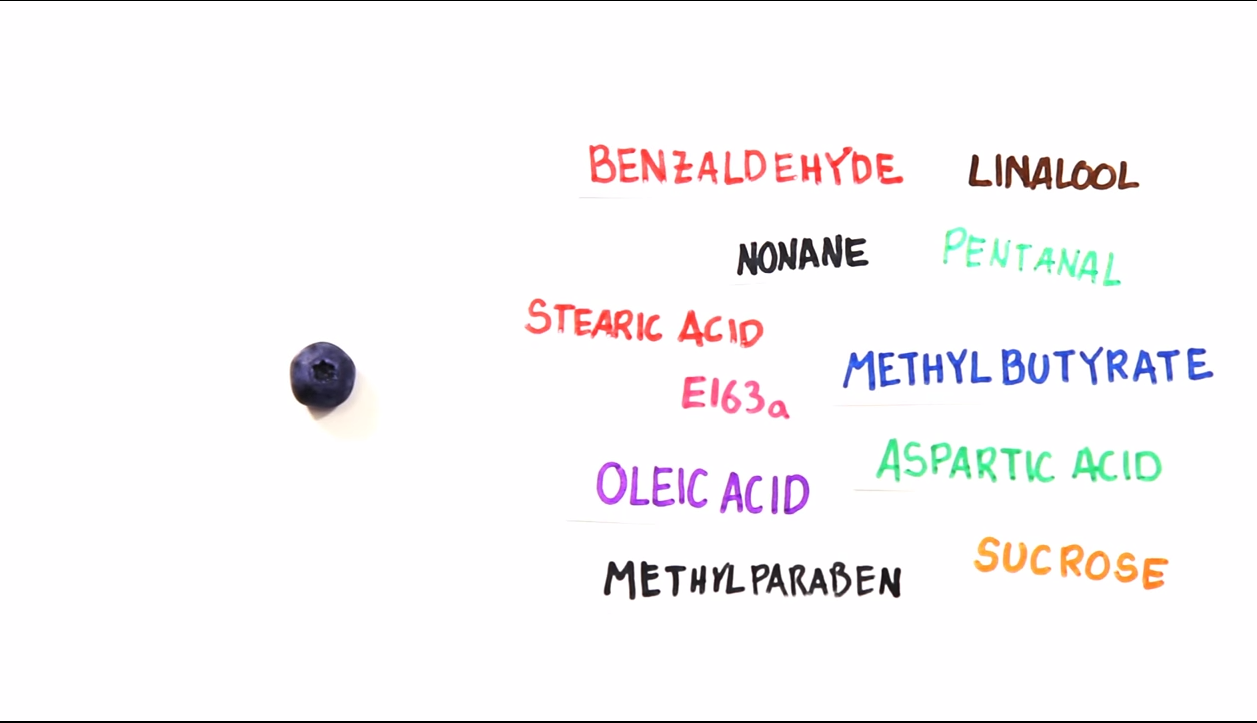
A new video from AsapSCIENCE breaks down the many hard-to-pronounce chemicals found in whole foods like blueberries and bananas, explaining that just because you can’t pronounce a chemical doesn’t mean it should be eliminated from your diet. It also shows that chemicals found in apple seeds are actual the same chemicals used in lethal injection drugs—the key is that the dose makes the poison; almost everything is toxic at a high enough dose. Natural chemicals aren’t always good for us, just like synthetic chemicals aren’t necessarily harmful. Check out the video below: [embed]https://www.youtube.com/watch?v=bkhhCi7nMFI[/embed] You can view our series on the dose makes the...
Read More“Natural” Doesn’t Mean Food is Safer or Healthier
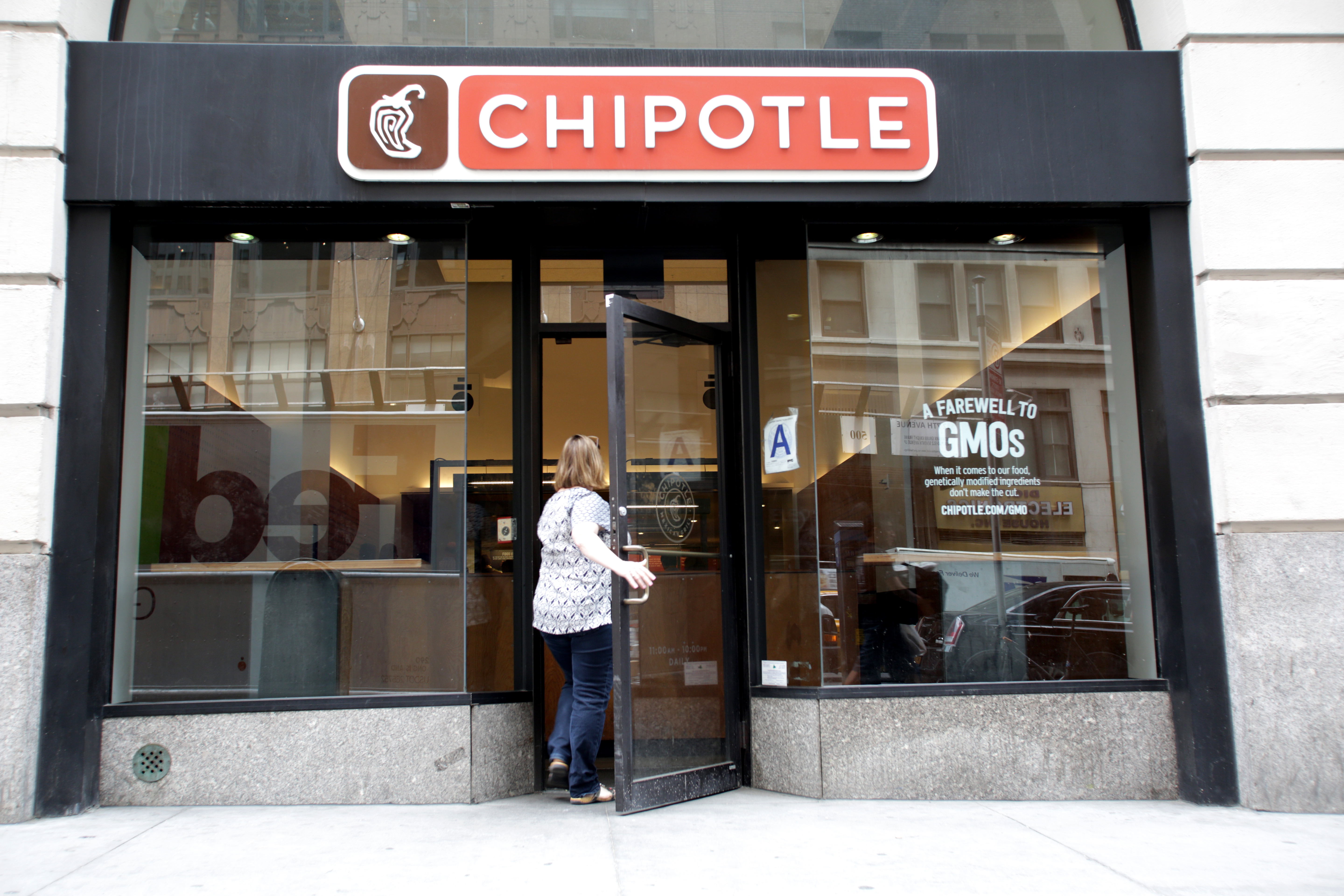
In an opinion piece for the Las Vegas Review-Journal, Dr. Joseph Perrone explains just because companies are touting decisions to phase out artificial ingredients, genetically modified foods, and meat from animals treated with antibiotics doesn't mean their menus are getting a "healthy" makeover. Below is an excerpt of his piece. To read the full op-ed, visit the Review-Journal's website here. Would you feed your kids a snack that includes ethyl ethanoate, 3-methylbutyraldehyde, butylated hydroxytoluene and linoleic acid? While many Americans would probably balk at loading up lunchboxes with these scary sounding chemicals, they're actually common compounds found in blueberries. Listing off hard-to-pronounce chemicals as...
Read MoreHow Many Chemicals are in Organic Food?
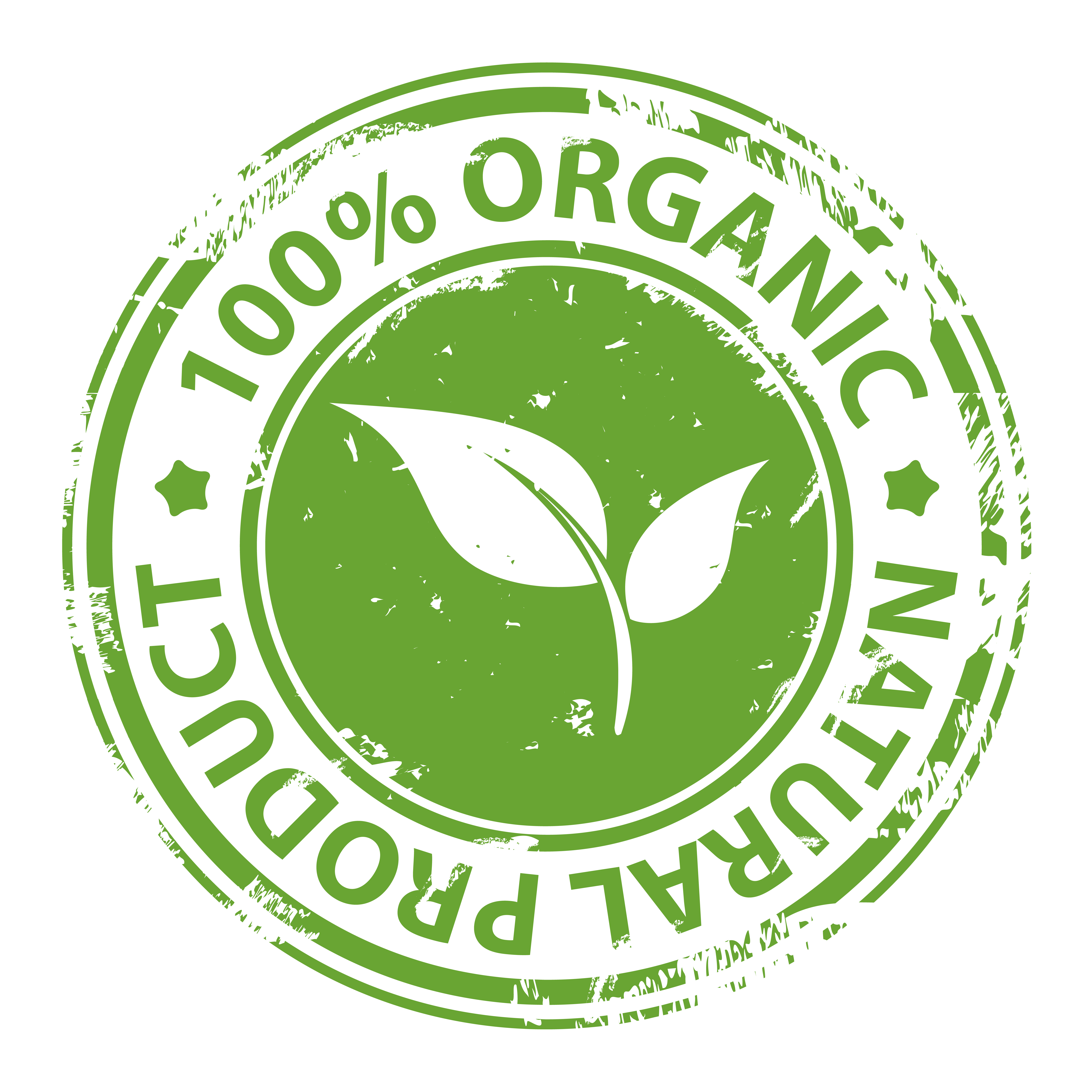
Most consumers assume that when they buy organic foods, they’re choosing products that haven’t been treated with man-made chemicals—but that’s not exactly the case. Foods that are certified as “organic” obtain that label through a program certified by the U.S. Department of Agriculture (USDA). The USDA allows the use of chemicals in the growing and processing process as long as those chemicals are deemed “essential.” Currently, there are over 200 substances approved by the USDA for use in organic products. The decision about which additives are approved is guided by the National Organic Standards Board, which is meeting this week to update...
Read More